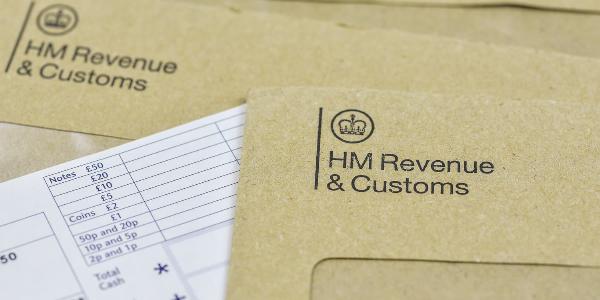Legal Requirements for Company Formation in the UK: Key Documents and Procedures

Strong 8k brings an ultra-HD IPTV experience to your living room and your pocket.
Strong economy, advantageous business climate, and access to a worldwide market—all of which define the United Kingdom (UK)—are well known. Starting a business in the United Kingdom presents lots of chances for investors and businesspeople. Whether you live in the UK or abroad and run a business, this thorough guide will offer you exact directions on how to launch a company in the United Kingdom.
Planning a Business Idea
Starting a business might feel daunting from developing a business plan to locating investors and company registration with HMRC; but, it doesn't have to feel like a laborious effort with some direction and sensible counsel. No matter what industry or niche you're hoping to enter, this book will walk you through the process of launching a profitable new business from nothing.
Choose the name of your business
Establishing a good business and personal reputation depends on the name choice. A memorable, sector-appropriate, distinctive name that stands out from rivals is key. Ensure the domain name is available and the name is not in use. Consider future expansion and select a name that grows with your offerings. Brand awareness and success are enhanced by selecting the right name.
Choose the Company Structure
First of all, pick the correct legal form when launching a business in the UK. Three most often occurring forms of enterprises are:
● Sole traders: The simplest and most direct form of business structure is a single trader's one. Running the company yourself, you keep all earnings after tax. You individually are accountable, nevertheless, for any business debt.
● Limited companies: Separate legal entity from its owners is what a limited business is. Personal funds are so shielded from corporate debt. Still, reporting and administrative tasks abound.
● Partnerships: Two or more persons that are in a partnership share ownership and business duties. Profits are split among partners, who also have shared liability for debt.
Register Your Company Address
Establishing a business is primarily dependent on establishing your corporate address. All official and legal correspondence will be sent from this official address, so choose a trustworthy location. Your corporate premises, a home address, or a virtual office can all serve as your address if they meet legal requirements. To avoid missing important messages from stakeholders and regulatory organisations, ensure that the address is legitimate and up to date. Correctly registering your firm address ensures that activities operate smoothly and contributes to your organisation's legal identification.
Appoint Directors and a Company Secretary
Appointing directors and a company secretary is crucial for establishing your firm's leadership. Directors make critical decisions and manage operations for legal compliance and strategic goals. A company secretary, though not mandatory for UK private firms, assists in administrative tasks and statutory documents. Choosing skilled and trustworthy individuals for these roles is vital for your company's growth and integrity.
Allocating shares & identifying shareholders
Allocating shares & identifying shareholders are essential for determining a company's ownership structure. Shares show ownership in a corporation, & control/profit rights depend on their issuance. This involves overall shares, value, & division among founders, investors, stakeholders. Articulating shareholders' rights is crucial for governance & can impact investments. Proper share allocation helps ownership transparency & forms the basis for financial/operational frameworks.
Obtain Necessary Licences and Permits
Your company's operations will determine if particular licences or permissions are needed for lawful operation. Investigate the laws relevant to your sector to guarantee adherence. Food hygiene licences, alcohol licences, and environmental permits are a few such ones. On the required licences, local authorities and regulating agencies might offer direction.
Understand Tax and Financial Obligations
Learn about the business setup cost and the tax structure of the United Kingdom and grasp your financial responsibility. Should your company satisfy the threshold criteria, register for Value Added Tax (VAT). Following yearly accounting and reporting rules means submitting tax returns to HMRC and filing annual accounts with Companies House.
Recruit and Employ Staff
If you intend to employ staff, become familiar with UK employment rules and policies. Verify adherence to minimum wages, employment contracts, health and safety guidelines. Configure a payroll system to handle national insurance payments, tax deductions, and employee pay scales.
Note: IndiBlogHub features both user-submitted and editorial content. We do not verify third-party contributions. Read our Disclaimer and Privacy Policyfor details.






